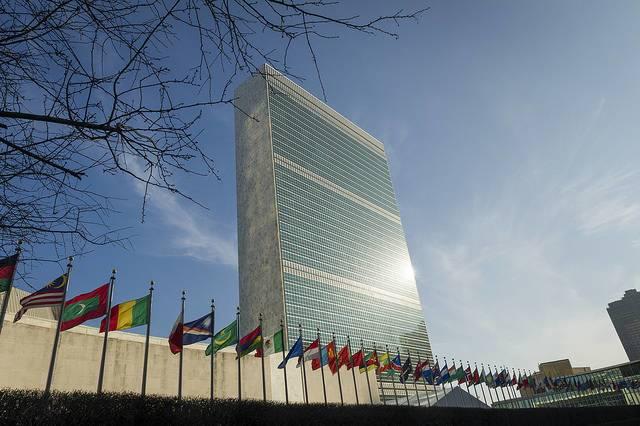
It wasn’t called “CSR or “ESG” until recently, but for over 50 years, the United Nations has been urging companies to respect human rights, be stewards of the environment environment and overall, adopt more responsible practices across the board. It’s quite a history, with the sustained effort playing out through a number of programs over five decades.
To that end, the Swiss journalist Frédéric Burnand reviewed the key UN processes and milestones shaping this history. As Switzerland debates whether it should mandate corporate responsibility by law, Burnand’s work reminds us that bottom line, the UN deserves to be recognized for its pioneering work in developing what today is known as corporate social responsibility (CSR).
From the emergence of the UN’s Conference on Trade and Development (UNCTA) during the mid-1960s, to this decade’s launch of the Sustainable Development Goals (SDGs), the UN has been leading. The global body has strived to bring stakeholders together to narrow the gap between the wealthier and poor countries, has implored businesses to respect human rights and now has developed guidelines that offer companies ideas on how they can be instrumental in ensuring sustainable development this century.
If there is one criticism of the UN’s effort on this front, it has been that there have been so many initiatives that it is difficult to keep track of them all. For example, at the turn of this century, the UN Global Compact suggested 10 guidelines for companies to follow in order to improve their performance on human rights, labor and the environment. Companies can still participate in the Global Compact, and many multinationals remind their stakeholders that they are part of this program. But while that list includes marquee names such as Nestlé and SAP, one challenge many CSR practitioners elsewhere face is standards fatigue - so it behooves the UN to find ways to help businesses execute CSR, not just relegating it a series of tasks that end up boxes being checked off a list.
Of course, the result is not necessarily a bad situation, as more companies in recent years have realized the benefits of developing a corporate responsibility or sustainability agenda. Burnand pointed out that the global business community has come a long way since the days when earlier UN efforts were often met with resistance from multinationals. Now, we see companies and even accounting firms finding ways to align themselves with this decade’s SDGs - and the advantage these guidelines have is that they provide companies a framework that not only makes it seamless to execute these goals, but to communicate them as well. Whether or not the SDGs actually take root or not, the fact is that corporate responsibility has come a long way this decade - and the UN deserves far more credit that what it has earned over the past half century.
Image credit: United Nations/Flickr

Leon Kaye has written for 3p since 2010 and become executive editor in 2018. His previous work includes writing for the Guardian as well as other online and print publications. In addition, he's worked in sales executive roles within technology and financial research companies, as well as for a public relations firm, for which he consulted with one of the globe’s leading sustainability initiatives. Currently living in Central California, he’s traveled to 70-plus countries and has lived and worked in South Korea, the United Arab Emirates and Uruguay.
Leon’s an alum of Fresno State, the University of Maryland, Baltimore County and the University of Southern California's Marshall Business School. He enjoys traveling abroad as well as exploring California’s Central Coast and the Sierra Nevadas.














